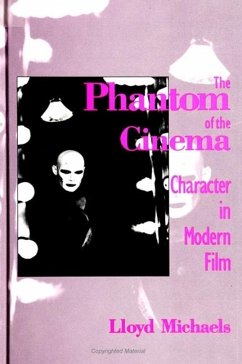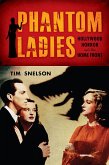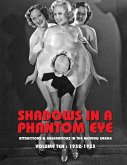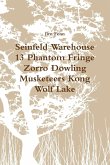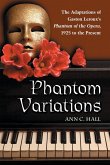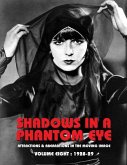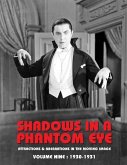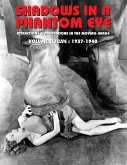The first extended study to focus on the representation of character in film, The Phantom of the Cinema provides a historically informed, theoretically sophisticated, yet eminently readable account of a broad spectrum of texts that center on elusive, ambiguous protagonists. Ranging across acknowledged classics such as Citizen Kane and Persona, including relatively neglected works such as House of Games, The Last Tycoon, and Badlands, and encompassing the art cinema, popular movies, and documentary, Michaels applies the concept of "presence of absence" to distinguish cinema from other performative arts. He then suggests how this propensity to present images that reflect a constantly mediated sense of reality allows certain reflexive films to project a problematic understanding of human identity. In analyzing these spectral figures haunting the modern cinema, Michaels combines contemporary theory with his own close reading in order to reconcile the structuralist emphasis on textuality with the humanist account of character as representing the autonomous self. Ultimately, he demonstrates how film protagonists reflect both the melancholy and mystery of personhood and the "inner aesthetic" of the medium itself.
Bitte wählen Sie Ihr Anliegen aus.
Rechnungen
Retourenschein anfordern
Bestellstatus
Storno

